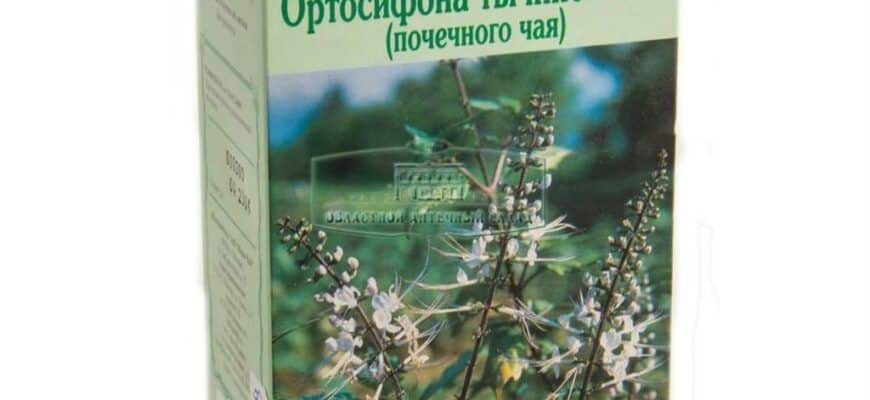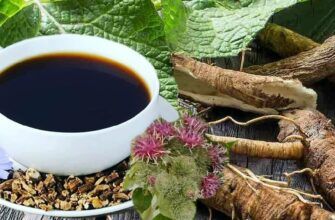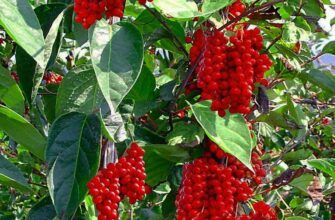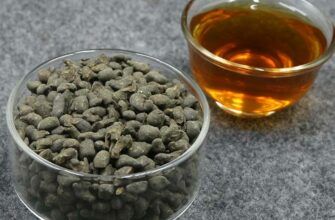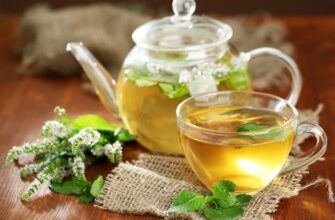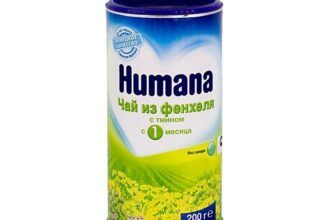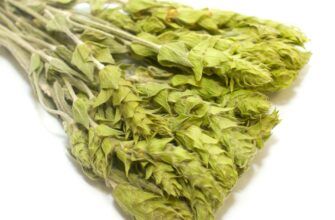Kidney tea is a plant whose leaves and stems are used for medicinal purposes. Sometimes kidney tea is called "flushing therapy" because it is consumed with a lot of water, which has a diuretic effect.
This herbal tea is used for diseases of the bladder and kidneys, including bacterial infections and kidney stones, as well as problems with the liver and gall bladder, including stones, as well as for gout and joint pain (rheumatism).
To date, there is no scientific evidence of effectiveness in the following diseases:
- liver disease
- bladder and kidney diseases
- gallbladder disease
- gout
- joint diseases (rheumatism)
- other pathologies.
More research is needed to prove the health benefits of kidney tea. The database of natural medicines has the following classifications of efficacy: probably effective, possibly effective, possibly not effective, probably not effective. There is not enough data to evaluate effectiveness (disaggregated by category).
How kidney tea works
Due to its diuretic properties, kidney tea can promote the excretion of excess water, also relieves spasms and has antibacterial properties.
Precautions and Warnings:
Pregnancy and lactation: There is not enough information about the effect of jasco tea on the body during pregnancy and lactation. For safety reasons, it is not recommended to use it during these periods.
Fluid retention (edema): Do not use kidney tea as a "flushing therapy" if heart or kidney problems are causing fluid retention.
Interaction with other drugs: use with caution with lithium-containing drugs. Before use, consult a doctor.
Kidney tea can have decongestant and diuretic effects. In view of this, a faster and more abundant excretion of lithium from the body can occur, which can lead to a number of complications. If you are taking lithium supplements, check with your healthcare provider before starting kidney tea. You may need to change your lithium dosage.
Dosage of kidney tea
The dosage of kidney tea depends on age, health status and a number of other factors. Currently, there is not enough research done to determine the exact dosage of kidney tea. Keep in mind that natural products are not always completely safe, and dosage can be important. Before use, be sure to follow the instructions for use on the package and consult your pharmacist or doctor.
By what other names is kidney tea known?
Arjak, Barbiflore, Clerodendranthus Spicatus, Clerodendrum Spicatum, Java Thé, Moustaches de Chat, Ocimum Aristatum, Orthosiphon, Orthosiphon Aristatus, Orthosiphon Gun Randiflorus, Orthosiphon Spicatus, Orthosiphon Stamineus, Orthosiphonis Folium, Té de Java, Thé de Java, Vantulsi.
Read more: